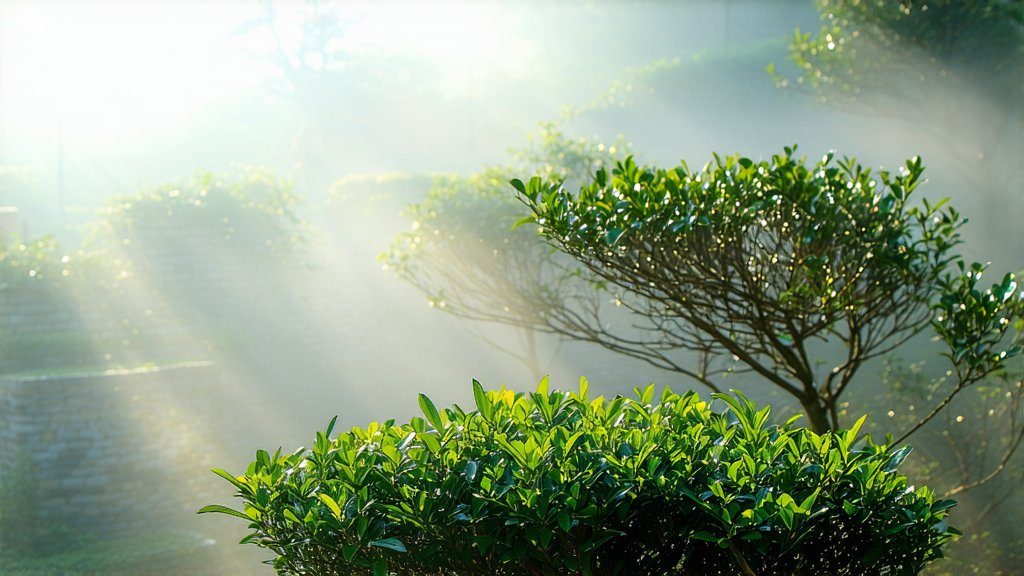
In the vast and diverse landscape of Chinese tea culture, few varieties captivate the senses and imagination quite like Fujian Silver Needle, also known as Baihao Yinzhen (白毫银针). This exquisite white tea, hailing from the mountainous regions of Fujian Province, stands as a testament to centuries-old traditions, meticulous craftsmanship, and the harmonious relationship between nature and man. As we embark on this journey into the heart of Baihao Yinzhen, let us explore its rich history, delve into its unique characteristics, uncover the intricate art of its production, and learn the nuanced ways of appreciating its unparalleled flavor profile.
A Glimpse into History
The origins of Baihao Yinzhen can be traced back to the early Qing Dynasty (1644-1912), with its roots deeply embedded in the fertile lands of Fuding County. Legend has it that this tea was discovered by chance when tea buds were accidentally left to dry under the sun, resulting in a naturally oxidized product that exuded a subtle sweetness and delicate aroma unlike any other. Over time, this serendipitous find evolved into a deliberate art form, with local tea masters refining the techniques to produce what is now revered as one of the finest expressions of white tea.
The Essence of Baihao Yinzhen
Baihao Yinzhen translates to 'Silver Needles,' a name that aptly describes its most distinctive feature – the slender, downy-white tea芽 covered in fine silver hairs. These hairs, or 'baihao,' are not only a visual delight but also contain high concentrations of essential oils and amino acids, contributing significantly to the tea's aromatic complexity and mellow taste. The tea is harvested primarily from the Da Bai tea tree variety, known for its robust growth and ability to produce tender shoots with exceptional flavor.
There are two primary types of Baihao Yinzhen: Gong Mei (宫眉) and Shou Mei (寿眉). Gong Mei refers to the highest grade, consisting solely of plump, full buds without any leaves, while Shou Mei includes both buds and young leaves, offering a more robust character and often at a more accessible price point.
The Art of Craftsmanship
The production of Baihao Yinzhen is an exercise in patience and precision, designed to preserve the natural purity and delicate flavors of the tea leaves. The process begins with a meticulous handpicking of the youngest tea buds during the early spring, typically in March or April, when the weather is cool and misty, ideal conditions for maintaining the tea's freshness.
Once harvested, the buds undergo a simple yet crucial step – withering. Unlike other teas that involve extensive rolling or heating, Baihao Yinzhen is gently laid out in thin layers to air-dry naturally under shade, allowing enzymatic activity to slowly transform the chlorophyll into yellowish-green flavonoids, imparting a pale golden hue to the brewed tea. This gentle oxidation process enhances the tea's inherent sweetness and reduces bitterness.
After withering, the tea undergoes a light baking process to further reduce moisture content without applying heat that could compromise its delicate flavors. Finally, the dried tea is carefully sorted, removing any imperfections, ensuring only the finest quality makes its way into the final product.
Savoring the Silver Needle Experience
To truly appreciate Baihao Yinzhen, one must engage in a mindful ritual of preparation and tasting. Begin by selecting a transparent glass teapot or a Gaiwan, which allows for观赏 the graceful dance of the silver needles as they unfurl in hot water. Use water heated to approximately 80-85°C (175-185°F) to avoid scalding the delicate leaves.
Steep the tea for about 2-3 minutes, observing how the infusion gradually transitions from a pale straw color to a deeper amber hue. As you bring the cup to your lips, take a moment to inhale the subtle fragrance – a blend of fresh hay, floral notes, and a hint of honey. The first sip reveals a silky texture followed by a gentle sweetness that lingers on the palate, with a clean, refreshing finish that invites contemplation and relaxation.
For subsequent infusions, adjust steeping times slightly longer, exploring how the tea's profile evolves, revealing new layers of complexity with each brew. Baihao Yinzhen is known for its remarkable resilience, capable of yielding multiple infusions without losing its charm.
Conclusion: A Timeless Elixir
Fujian Silver Needle, with its ethereal beauty and profound depth, embodies the essence of Chinese tea philosophy – simplicity, harmony, and respect for nature's gifts. From its storied past to its present-day allure, Baihao Yinzhen continues to enchant tea enthusiasts worldwide, offering a window into the soul of Chinese tea culture. Whether you're a seasoned connoisseur or a curious newcomer, savoring this extraordinary white tea is an invitation to slow down, appreciate the finer things in life, and embark on a sensory journey that transcends time and borders.